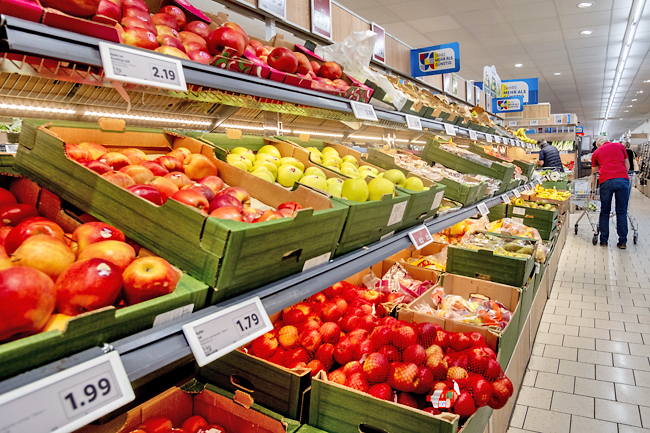LONDON (AP) – Europeans again saw some relief as inflation dropped more than expected to 2.4 per cent in November, the lowest in more than two years, as plummeting energy costs have eased a cost-of-living crisis but higher interest rates squeeze the economy’s ability to grow.
Inflation for the 20 countries using the euro currency fell from an annual 2.9 per cent in October, according to numbers released yesterday by Eurostat, the European Union’s statistics agency. It’s a far cry from the peak of 10.6 per cent in October 2022 as an energy crisis left Europe’s households and businesses struggling to make ends meet.
The new figure is close to the European Central Bank’s (ECB) inflation target of two per cent following a rapid series of interest rate hikes dating to summer 2022. But the tradeoff is stalled economic growth.
Much-watched core inflation, which excludes volatile fuel and food prices, fell beyond analysts’ predictions – to 3.6 per cent this month from 4.2 per cent in October. It raises expectations that the ECB would hold rates steady for the second time in a row at its next meeting December 14.





